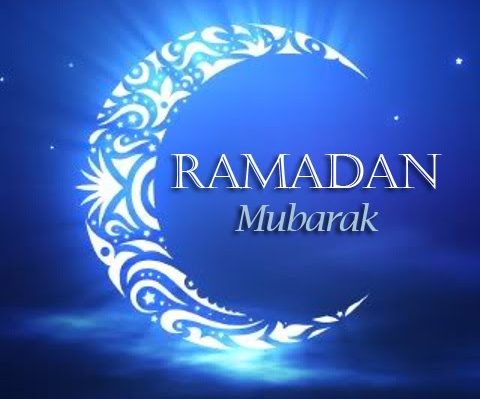Ramadan at home

Ramadan at home
 Date: 05 May, 2020
No Comments
Date: 05 May, 2020
No Comments
WHAT IS RAMADAN?
In 2020, Ramadan will be from around the 23rd/24th April for 29/30 days. It is the holiest month of the year for Muslims as it is when the Qur’an was revealed to the Prophet Muhammad (PBUH).
During the month of Ramadan, Muslims around the world will fast, meaning they won’t eat or drink between dawn and sunset.
Fasting is important during Ramadan as it allows Muslims to devote themselves to their faith and come closer to Allah, or God.
Fasting is one of the Five Pillars of Islam, which form the basis of how Muslims live their lives.
Ramadan is also a time for spiritual reflection, prayer, doing good deeds and spending time with family and friends.
Normally, people will make a special effort to connect with their communities and reach out to people who need help.
COVID19 – #RAMADANATHOME
Ramadan 2020 will be a very different experience for Muslims all over the world during the COVID19 lockdown in accordance with public health advice.
At present, it is unlikely that social distancing measures will be lifted and we will be able to return to our normal routines. As such, acts of worship for Muslims outside of the home will still be suspended to stop the spread of the virus.
It is common to have a meal (known as the suhoor) just before dawn and another (known as the iftar) directly after sunset.
At the end of the fast – when the sun has gone down – usually, families and friends will get together for iftar to break their fast.
The Muslim Council of Britain is advising families and friends to video call each other during iftar this year during lockdown.
Many Muslims also usually go to the mosque to pray, when lockdown restrictions aren’t in place.
Some mosques have been holding virtual services online for people to watch together.
The Muslim Council of Britain offers further information about Ramadan and guidance and factsheets on their website click HERE to find out more.
Ramadan and Diabetes
Diabetes UK provide information about how to stay healthy if you have diabetes and are fasting during Ramadan.
They offer tips on reducing the risks of becoming ill if you decide to fast and and when it’s advisable not to fast.
You can download their factsheets about fasting and managing your diabetes during Ramadan, developed in partnership with the Muslim Council of Britain’s Diabetes Advisory Group.
You can view the information and download the factsheets from Diabetes Uk on their website HERE
What happens at the end of Ramadan?
There is a special festival to mark the end of Ramadan. This is called Eid al-Fitr – the Festival of the Breaking of the Fast.
It begins when the first sight of the new moon is seen in the sky.
Muslims will not only celebrate the end of fasting, but will also thank Allah for the help and strength that they were given throughout the previous month.
During Eid ul-Fitr Muslims dress in their finest clothes, give gifts to children and spend time with their friends and family. Muslims will also give money to charity at Eid.